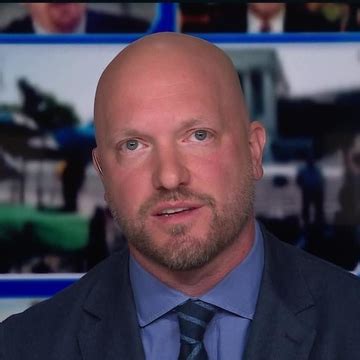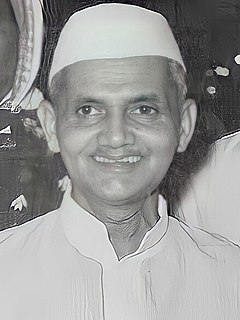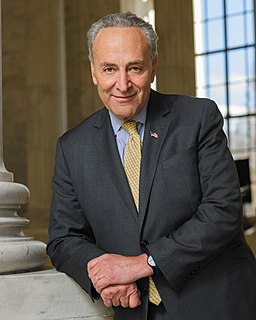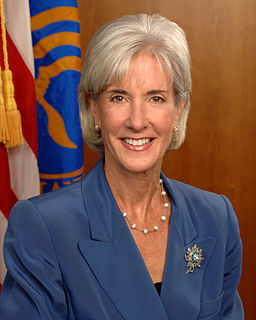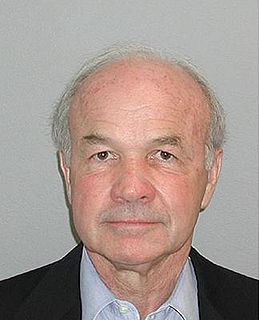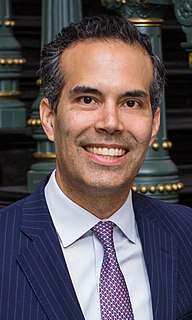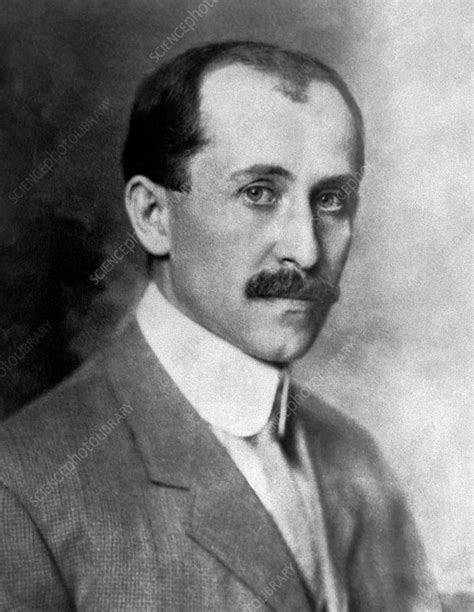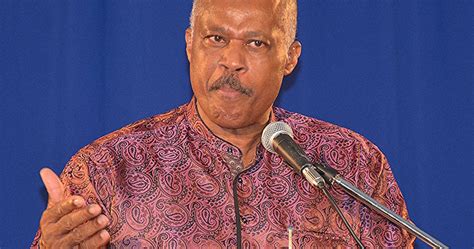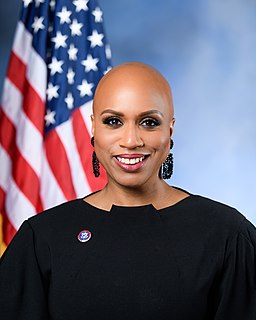Top 1200 Economic Issues Quotes & Sayings
Explore popular Economic Issues quotes.
Last updated on December 19, 2024.
The G20 was established as a forum to discuss, first and foremost, world economic issues. If we load it with... Of course, politics affects economic processes, this is obvious, but if we bring some squabbles, or not squabbles, rather, some matters that are really important but relate purely to world politics, we will overload the G20 agenda and instead of addressing such issues as finance, structural economic reforms, tax evasion and so forth, we will engage in endless debates concerning the Syrian crisis or some other global challenges, of which there are many, or the Middle East problem.
Anybody who imagines that an election can be won under these circumstances by banging on about William Ayers and Jeremiah Wright is ... to put it mildly ... severely under-estimating the electoral importance of pocketbook issues. We conservatives are sending a powerful, inadvertent message with this negative campaign against Barack Obama's associations and former associations: that we lack a positive agenda of our own and that we don't care about the economic issues that are worrying American voters.
Just as it wouldn't be right to only to have an economic dialogue with China, equally you shouldn't restrict your dialogue solely to issues around, say, human rights. You can raise all those issues, and that is what reflects a mature discussion. So I don't think essentially we have to choose between being partners in China's economic development and being proud defenders of British values.
We have to deal with issues like inequality, we have deal with issues of economic dislocation, we have to deal with peoples fears that their children won't do as well as they have. The more aggressively and effectively we deal with those issues, the less those fears may channel themselves into counter-productive approaches that pit people against each other.
The fallacy is that politicians don't really do much about social issues. They just demonize their opponents as elitists and reap the benefit. It's a stupid way to do politics. Economic issues can more often be addressed concretely, and it would seem logical for people to vote their interests in this area.
I like Mitch Daniels on the fiscal conservative issues. You disagree with him on this idea that social issues, you takeoff the table. I do that for two reasons. I think the fiscal issues in a sense are a symptom of a lot of the deeper cultural issues in America. I don't think they are as disconnected as he thinks.
The way in which we can promote peace, is by promoting sustainable management of our resources, equitable distribution of these resources, and that the only way you can actually do that, is that then you have to have a political, economic system that facilitates that. And then you get into the issues of human rights, justice, economic justice, social justice, and good governance or democratic governance. That's how it ties up.



